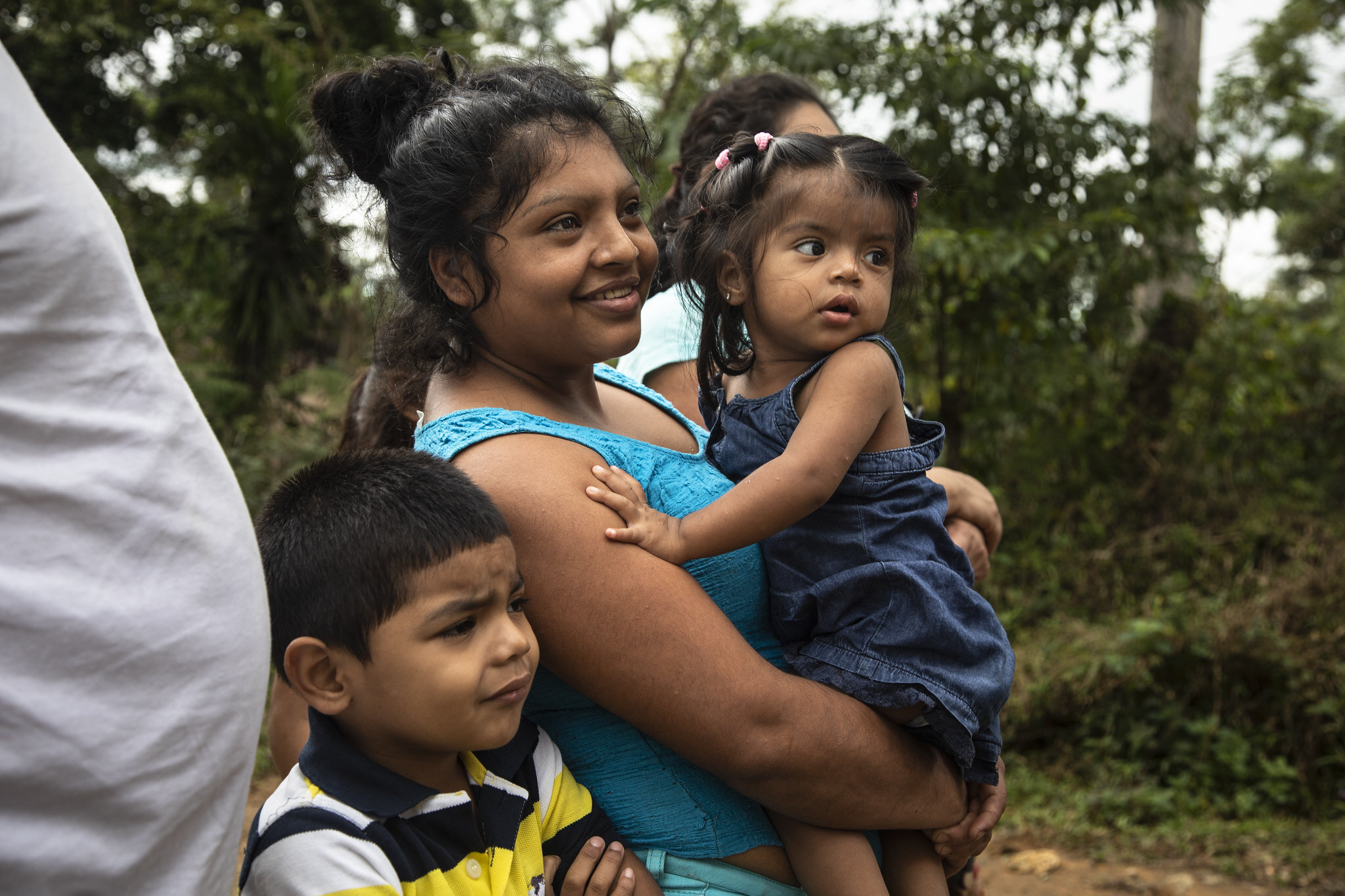
Context
The work of grassroots activists and organisations is integral to the protection of the communities and environment they live in.
Businesses are important to communities. They can provide investment, jobs and much-needed services. But sometimes in the course of their operations, these businesses can harm people, communities and the environment. Around the World, communities are facing the devastating social and environmental consequences of the actions of businesses and the governments that support them. Communities are being forcibly evicted from their land, water sources are being polluted or diverted and workers are being exploited.
The development of social and environmental obligations for businesses, and the increasing importance of corporate behaviour for consumers, staff and shareholders, have created a real opportunity to improve corporate accountability and encourage a focus on social and environmental protection in business policy and practice.
Grassroots activists and organisations are part of the solution. They are on the frontline in the fight for social and environmental justice.
They are the ones using the law to challenge injustices in high-risk environments, often without the sustained support of lawyers or the broader international legal community. Grassroots activists and organisations are rooted in the communities they represent and, as a result, are extremely knowledgeable about their context and how best to tackle some of the challenges they face. However, many are chronically under-resourced or lack access to legal networks, and therefore lack the capacity to drive the impactful changes in law and implementation needed.
After being criminalised, attacked and displaced, environmental and indigenous activists in Latin America fight to enforce their land rights against corporations and the governments which support them.
These issues were raised at two focused discussion groups with grassroots activists and organisations from across Latin America and Asia. Grassroots activists suggested that legal capacity building and the sharing of best practices and legal strategies would enable them to develop innovative strategies, in addition to allowing them to better use and tailor international standards to their local context. Support on how to find and present evidence on business and human rights, and how to research companies were highlighted by activists as key topics. Activists also saw having links with an international legal support network as essential to furthering the impact of their work and ensuring legal protection.
Roots to Justice intends to accelerate the transfer of legal knowledge and applied best practice across jurisdictions to ensure grassroots activists and organisations are able to tailor and develop them to better suit their particular needs. It also aims to build partnerships and support networks between lawyers and activists, increasing activist legal capacity, understanding and resilience when facing adverse conditions.
“When one right is undermined, this will erode other rights. So our communities, and their leaders are empowering themselves to the point where they insist on consultation processes with the government and business leaders.”
Donald Hernandez, Honduran environmental rights lawyer


